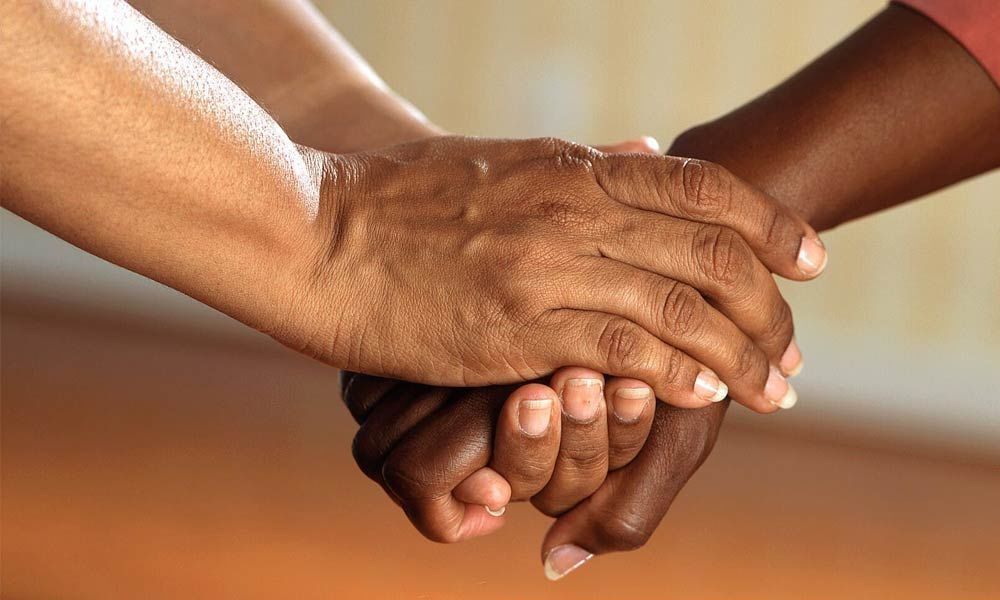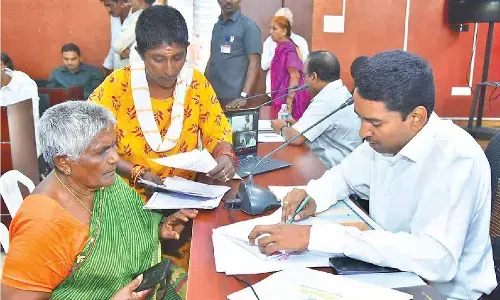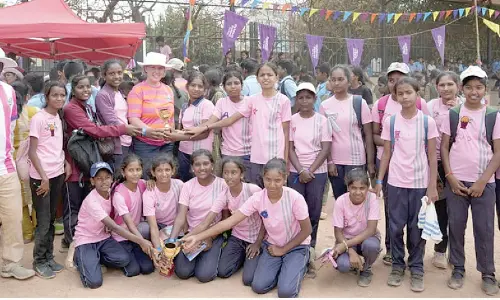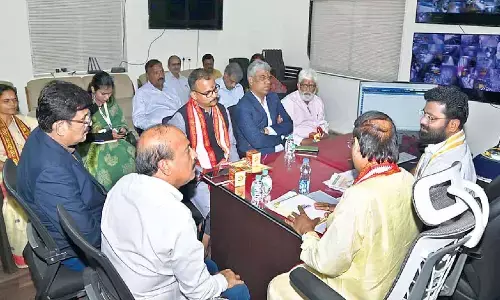Compassionate leadership, need of the hour

I have engaged with many leaders of governments, companies, and other organisations over the past nearly 60 years, and I have observed how our societies have developed and changed. I am happy to share some of my observations in case others may benefit from what I have learnt.
Leaders, whatever field they work in, have a strong impact on people's lives and on how the world develops. We should remember that we are visitors on this planet. We are here for 90 or 100 years at the most. During this time, we should work to leave the world a better place.
What might a better world look like? I believe the answer is straightforward: A better world is one where people are happier. Why? Because all human beings want to be happy, and no one wants to suffer. Our desire for happiness is something we all have in common….
But today, the world seems to be facing an emotional crisis. Rates of stress, anxiety, and depression are higher than ever. The gap between rich and poor and between CEOs and employees is at a historic high.
And the focus on turning a profit often overrules a commitment to people, the environment, or society.
I consider our tendency to see each other in terms of 'us' and 'them' as stemming from ignorance of our interdependence. As participants in the same global economy, we depend on each other, while changes in the climate and the global environment affect us all. What's more, as human beings, we are physically, mentally, and emotionally the same.
Look at bees. They have no constitution, police, or moral training, but they work together in order to survive. Though they may occasionally squabble, the colony survives on the basis of cooperation.
Human beings, on the other hand, have constitutions, complex legal systems, and police forces; we have remarkable intelligence and a great capacity for love and affection. Yet, despite our many extraordinary qualities, we seem less able to cooperate.
In organisations, people work closely together every day. But despite working together, many feel lonely and stressed. Even though we are social animals, there is a lack of responsibility toward each other. We need to ask ourselves what's going wrong.
I believe that our strong focus on material development and accumulating wealth has led us to neglect our basic human need for kindness and care. Reinstating a commitment to the oneness of humanity and altruism toward our brothers and sisters is fundamental for societies and organisations and their individuals to thrive in the long run. Every one of us has a responsibility to make this happen.
Cultivate peace of mind. As human beings, we have a remarkable intelligence that allows us to analyse and plan for the future. We have language that enables us to communicate what we have understood, to others. Since destructive emotions like anger and attachment cloud our ability to use our intelligence clearly, we need to tackle them.
— HH The XIV Dalai Lama
(This article was originally published in the Harvard Business Review)










